About Neuropsychiatry Institute Good Samaritan Hospital
The Neuropsychiatry Institute Good Samaritan Hospital offers a variety of services to help patients with mental illness. These services include dual diagnosis, adult and elderly rehabilitation, outpatient rehabilitation, cognitive behavioral therapy, dialectical behavior therapy, family therapy, group therapy, individual therapy, and trauma therapy. The Neuropsychiatry Institute is committed to providing quality care to all patients, and their families, in order to help them recover from mental illness and lead healthy, productive lives.
Addiction Treatment Programs
Dual Diagnosis
For many people in Maryland, dual diagnosis treatment that addresses mental health and substance use is essential to their recovery. Part of treatment will include managing your mental health symptoms so you aren’t tempted to use substances to self-medicate. This can be done without counseling and medication.
Adult Program
Adult program programs in Maryland address the specific needs of this stage of life. These treatment programs offer detox, inpatient treatment, and outpatient care tailored to the specific needs and challenges of adults.
Young Adult Rehab
A young adult rehab in Maryland addresses the recovery needs of clients in this life stage and gives them the tools they need to succeed. These treatment programs offer detox, inpatient treatment, and outpatient care tailored to the unique needs and challenges of young adults.
Senior Rehab
Levels of Care
- 1
Outpatient Rehab
If you struggle with addiction in Maryland, outpatient care is one option for rehab. You’ll live at home or in sober living outside of sessions. Some of the elements of outpatient treatment include individual and group counseling, skill-building, relapse prevention, and help with essentials like employment and housing.
Therapies
Cognitive Behavior Therapy
Receiving cognitive behavioral therapy in Maryland helps you identify your automatic interpretations of situations and how that impacts your behavior. Learning which thought distortions you are most susceptible to can help you challenge unhelpful thoughts, create better interpretations of situations, and choose healthier responses.
Dialectical Behavior Therapy
Receiving dialectical behavioral therapy in Maryland helps you identify your strengths and learn how to create a better life for yourself. Learning to develop a healthier mindset through stress management skills gives you the ability to create better circumstances in your life, and choose healthier responses to challenges.
Family Therapy
If you struggle with addiction in Maryland, it’s common to have broken and dysfunctional family relationships. Family therapy can help you address those issues and find support from your loved ones. Family therapy can mean addressing uncomfortable and challenging issues, but having a professional therapist facilitating the sessions makes it easier for everyone to share honestly and improve their relationships.
Group Therapy
If you struggle with addiction in Maryland, it’s common to feel like no one understands you. Group therapy can help you find common perspectives and support. Some of the topics covered in group therapy include overcoming shame and guilt, improving communication, developing healthy coping skills, and building a support network.
Individual Therapy
In Maryland, individual therapy allows you to work one-on-one with a professional to address your past experiences and substance use triggers. This support and accountability help you establish recovery. Individual therapy sessions generally last 60 minutes and may include discussing a specific issue, education about specific topics, or developing life skills.
Trauma Therapy
When you’ve experienced trauma, it’s natural to try to protect yourself from further harm. Trauma-informed therapy in Maryland can help you see how substance use is connected to your past experiences and how you can learn to care for yourself in healthier ways. Trauma-informed therapy is a normal part of evidence-based treatment programs and may be a part of inpatient treatment, outpatient care, or both. Methods include sharing of experiences, peer support, mindfulness practices, and more.
Location
Contact Neuropsychiatry Institute Good Samaritan Hospital
Top Drug Rehab Centers in Maryland
-
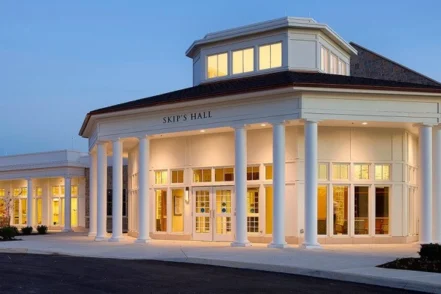 Maryland
MarylandAshley Addiction Treatment Havre De Grace
800 Tydings Lane Havre De Grace, Maryland 21078
-
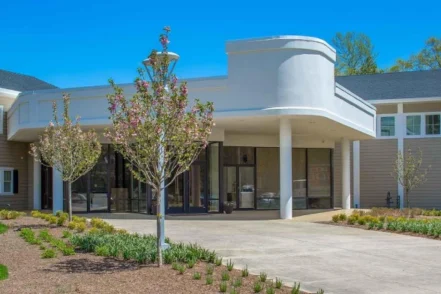 Maryland
MarylandRecovery Centers of America Capital Region
11100 Billingsley Rd Waldorf, Maryland 20602
-
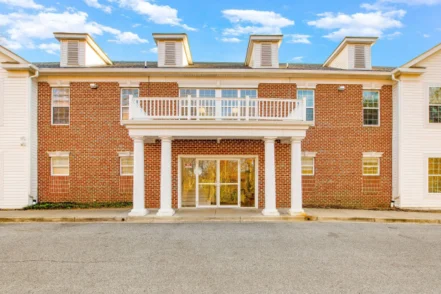 Maryland
MarylandAvenues Recovery Center at Prince Frederick
125 Fairground Road Prince Frederick, Maryland 20678
-
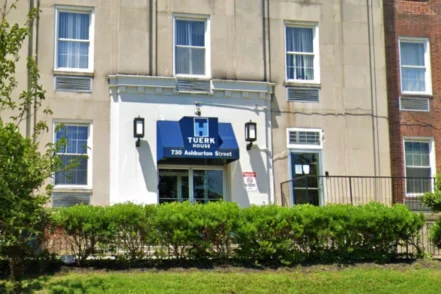 Maryland
MarylandTuerk House Baltimore
730 Ashburton Street Baltimore, Maryland 21216
-
 Maryland
MarylandA Helping Hand Health Services
6401 Dogwood Road, Suite 201 Pikesville, Maryland 21207
-
 Maryland
MarylandRecovery Centers of America Bracebridge Hall
314 Grove Neck Road Earleville, Maryland 21919
-
 Maryland
MarylandTranquility Woods Treatment
171 A Ryan Road Pasadena, Maryland 21122
-
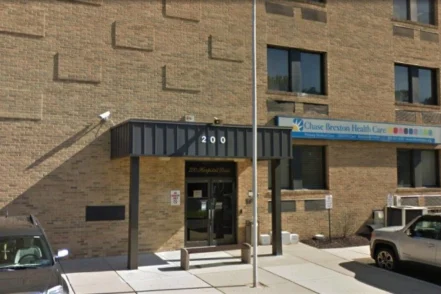 Maryland
MarylandChase Brexton Health Care Glen Burnie
200 Hospital Drive, Suite 300 Glen Burnie, Maryland 21061
-
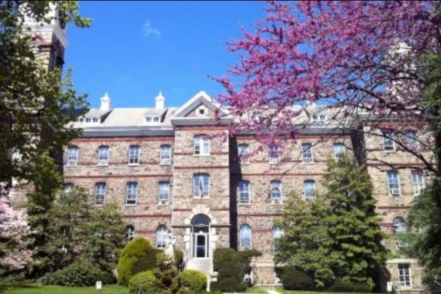 Maryland
MarylandMountain Manor Treatment Center Emmitsburg
9701 Keysville Road Emmitsburg, Maryland 21727
-
 Maryland
MarylandMaryland Addiction Recovery Center
8600 Lasalle Road, Suite 212 Towson, Maryland 21286